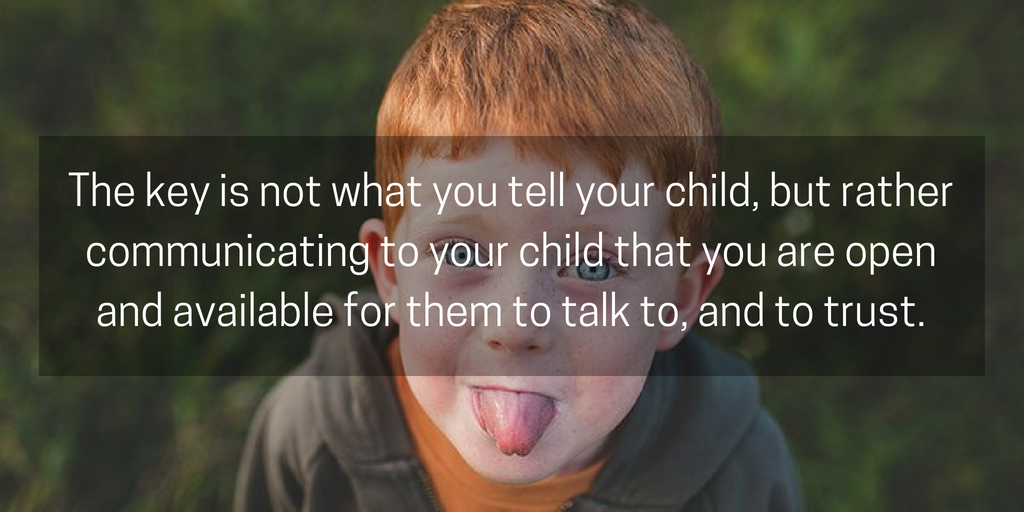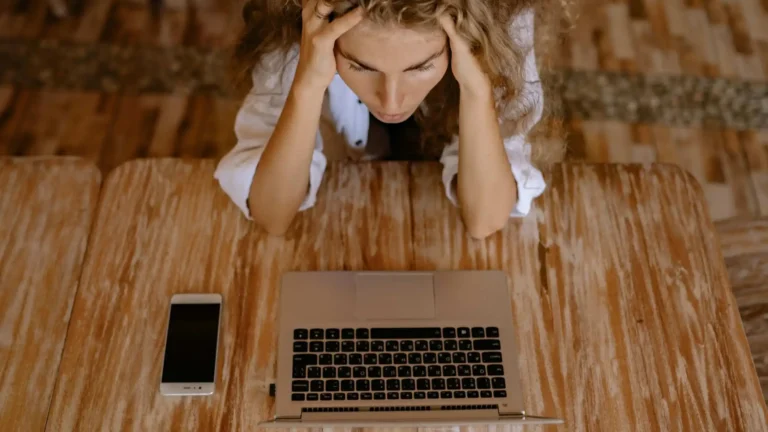This article is part of “Talk Today, Safer Tomorrow,” a national campaign from the Safeguard Alliance and the Coalition to End Sexual Exploitation to help parents protect children from the harms of pornography. #TalkToYourKids #TalkTodaySaferTomorrow
In today’s culture of advanced technology and social media, pornography has become extremely accessible for anyone to view with just a few simple clicks on a device. With over 90% of youth ages 12-18 using the Internet, the media has arguably become the leading sex educator in the U.S. today, rather than parents and school education programs. Youth are exposed to pornography at increasingly younger ages (we’re talking even 5, 6, 7 years old) and many youths who access pornography admit that it is while they were doing homework. With the easy access and ubiquity of pornography today, you must recognize that your child will be exposed to it, likely before they even hit puberty.
Pornography gives children unrealistic ideas about sex, such as that violence is appropriate or that women are to be subjugated. Pornography impacts self-esteem, it changes the developing brain, and leads to less progressive views on gender equality. Children exposed to pornography tend to engage in sexual acts at younger ages, resulting in increasing reports of child-on-child sexual abuse. To learn more about the impact of pornography on youth and society, visit our Pornography: A Public Health Crisis page.
It is crucially important to sit down and have a conversation with your children about pornography.

We have teamed up with allies from around the movement to bring you the #TalkTodaySaferTomorrow blog series with tips and tools to help equip you on your journey to facilitate a safe environment and discuss healthy intimacy and sexuality.
Over the next few months, we will be sharing these resources! Check back to see a list of all of them here.
We’ll be hearing from
- Protect Young Minds
- Media Savvy Mamas
- Love People Not Pixels
- Covenant Eyes
- Parents Aware
- Strength to Fight
- and other strong leaders from the movement!
Tips to get you started:
1) Let your kids know that you are aware that explicit pictures and videos are almost unavoidable and that you’re comfortable talking about it—even if you don’t feel so comfortable. You should offer to answer any question, however, embarrassing to you it might be. You don’t want your child to be ashamed of their curiosity, or to seek these answers out through Google.

2) Remember that interest in sex and sexual imagery is completely biologically normal, so the biggest thing for parents to remember is to approach the issue in a gentle and non-judgmental way.
3) Check out these “10 Easy Conversation Starters” that the Safeguard Alliance put together.
Check back for updates on list of articles in the #TalkTodaySaferTomorrow series
Media Savvy Mamas: Raising the B.A.R.: How to build resilient kids in a digital world



